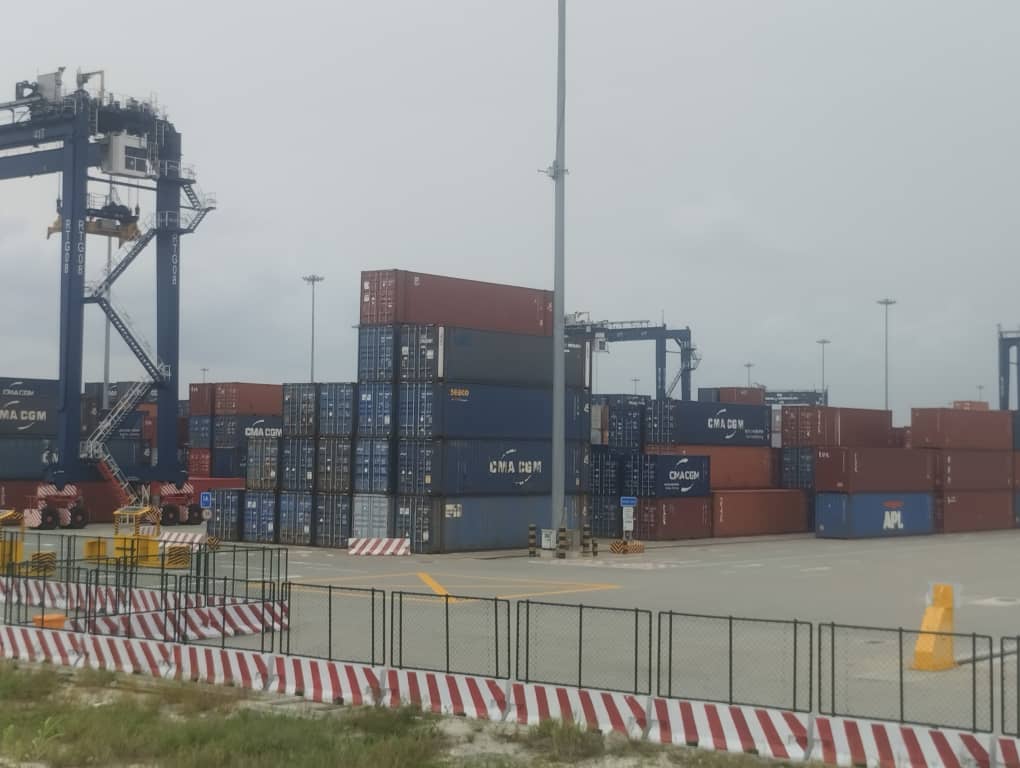The Lekki Deep Seaport, Nigeria’s first deep-water port, has processed 222,000 Twenty-Foot Equivalent Units (TEUs) between January and June 2025, underscoring its growing role as a major logistics hub in West Africa.
Deputy Chief Operations Officer, Daniel Odibe, disclosed this on Thursday in Lagos, stating that the port is on track to meet its annual projection of 500,000 TEUs, driven by strong operational momentum and increasing confidence in its capacity.
Designed to handle 1.2 million TEUs annually in its first phase, the port commenced operations in 2023. Upon full completion, its capacity is projected to rise to 2.5 million TEUs. In 2024, it handled 287,000 TEUs, a sharp increase from the 54,289 units processed in 2023.
Odibe clarified earlier misreported figures, emphasizing that the 2024 throughput marked a remarkable 394.8 per cent increase from the port’s inaugural year. He attributed this growth to significant investments in advanced cargo-handling infrastructure, particularly the ship-to-shore cranes that have enhanced turnaround time and operational efficiency.
Despite its growing capacity, Odibe noted that the port is currently utilizing only 20 per cent of its projected throughput, citing prevailing economic challenges such as currency depreciation and the removal of fuel subsidies as factors affecting cargo volumes.
“Lekki Port currently receives between 10 to 12 vessels monthly. Our transshipment operations have also grown significantly, serving ports in Togo, Benin Republic, Ghana, Abidjan, and some landlocked countries,” he said. “We are picking up again as the naira stabilizes.”
He added that the port boasts a vessel turnaround time of 48 hours, truck turnaround time of one hour and 25 minutes, and an average cargo dwell time of 16 days.
Speaking further, the Managing Director of Lekki Port, Wang Qiang, represented by Chief Operating Officer Young Qiang, affirmed the port’s commitment to setting world-class standards.
“We continue to push boundaries and raise the bar to maintain our status as West Africa’s deepest sea port,” he said. “Our commitment to operational excellence and advanced technology is reshaping maritime trade in the region.”
Lekki Port’s modern infrastructure and congestion-free operations continue to position it as a critical driver of Nigeria’s trade growth and regional integration.















